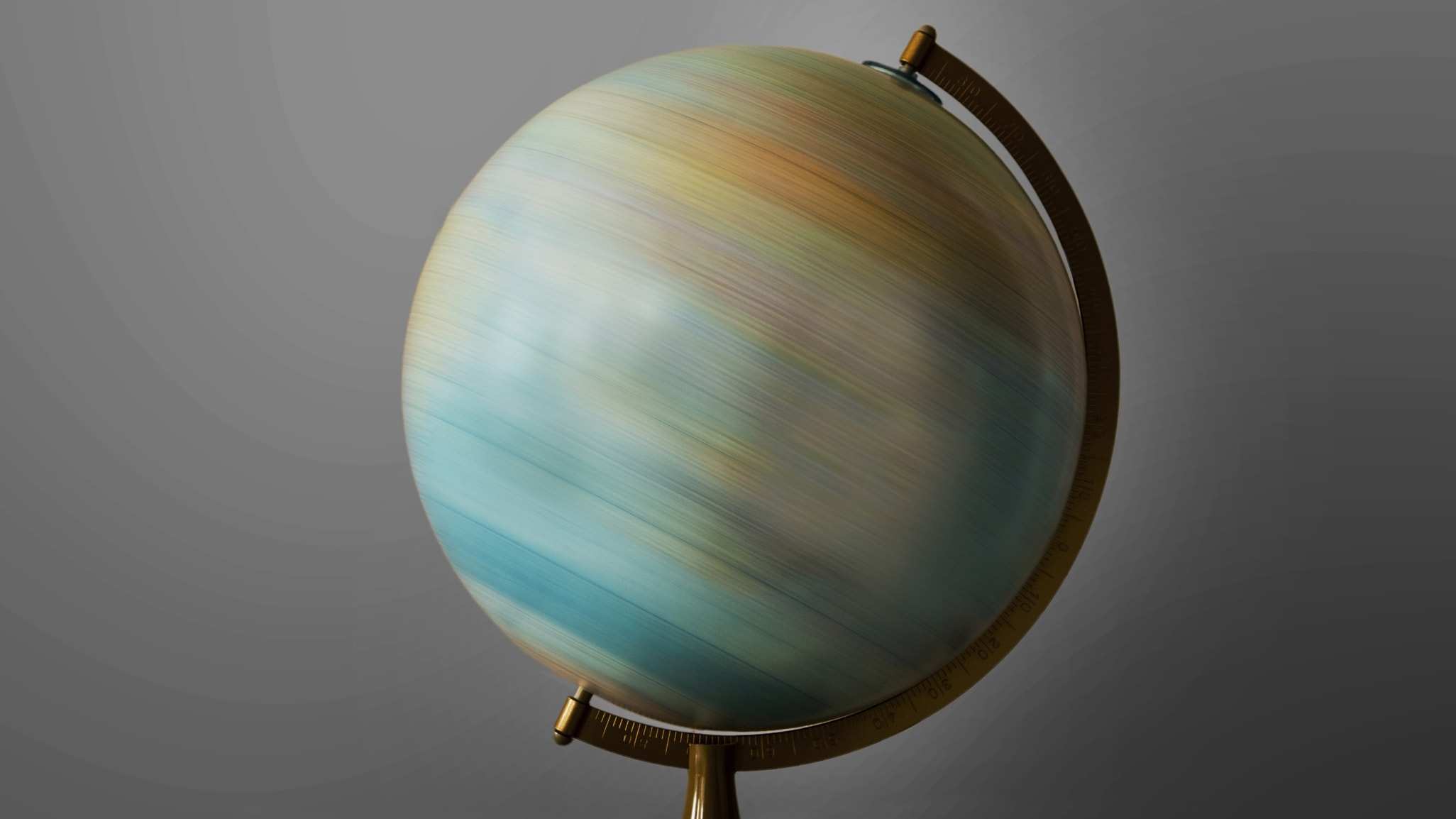Earth's axis has shifted thanks to human groundwater pumping


A free daily email with the biggest news stories of the day – and the best features from TheWeek.com
You are now subscribed
Your newsletter sign-up was successful
Human use of groundwater for drinking and agriculture has affected the tilt of the Earth, according to a new study published in the journal Geophysical Research Letters. The findings showed "significant groundwater depletion during the 20th century," and "water redistribution from aquifers to the oceans would result in a drift of Earth's rotational pole."
The pumping of groundwater from aquifers has caused the Earth to tilt farther east at a rate of 1.7 inches per year, per CNN. "Earth's rotational pole actually changes a lot," said lead study author Ki-Weon Seo in a news release. "Our study shows that among climate-related causes, the redistribution of groundwater actually has the largest impact on the drift of the rotational pole." Humans have removed approximately 2,150 gigatons of groundwater between the years 1993 and 2010, per The Washington Post.
The Earth spins at a rate of approximately 1,000 miles per hour. The planet is not a perfect sphere, so its weight is not distributed evenly. Changing the weight distribution can cause the planet to wobble as it spins. "I kind of liken it to a waterlogged softball," said James Famiglietti, a hydrologist at Arizona State University, to the Post. "When a softball or baseball gets soaked, it gets waterlogged, and when you throw it, it wobbles funny. That's what's happening here."
The Week
Escape your echo chamber. Get the facts behind the news, plus analysis from multiple perspectives.

Sign up for The Week's Free Newsletters
From our morning news briefing to a weekly Good News Newsletter, get the best of The Week delivered directly to your inbox.
From our morning news briefing to a weekly Good News Newsletter, get the best of The Week delivered directly to your inbox.
Pumping groundwater has also contributed to sea level rise because once it's used for irrigation, it runs into rivers and oceans. "Groundwater pumping is one of the few management decisions that can be made about how to slow the rate of sea level rise," said Famiglietti. "We are really having an impact on this planet, and we really need to be better stewards of Earth's resources."
"We have affected Earth systems in various ways," Seo said to CNN. "People need to be aware of that."
A free daily email with the biggest news stories of the day – and the best features from TheWeek.com
Devika Rao has worked as a staff writer at The Week since 2022, covering science, the environment, climate and business. She previously worked as a policy associate for a nonprofit organization advocating for environmental action from a business perspective.
